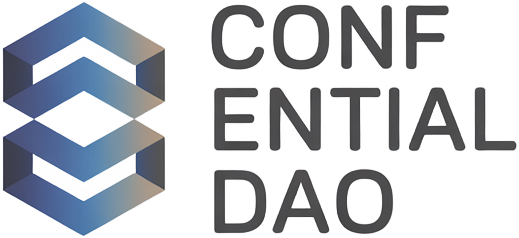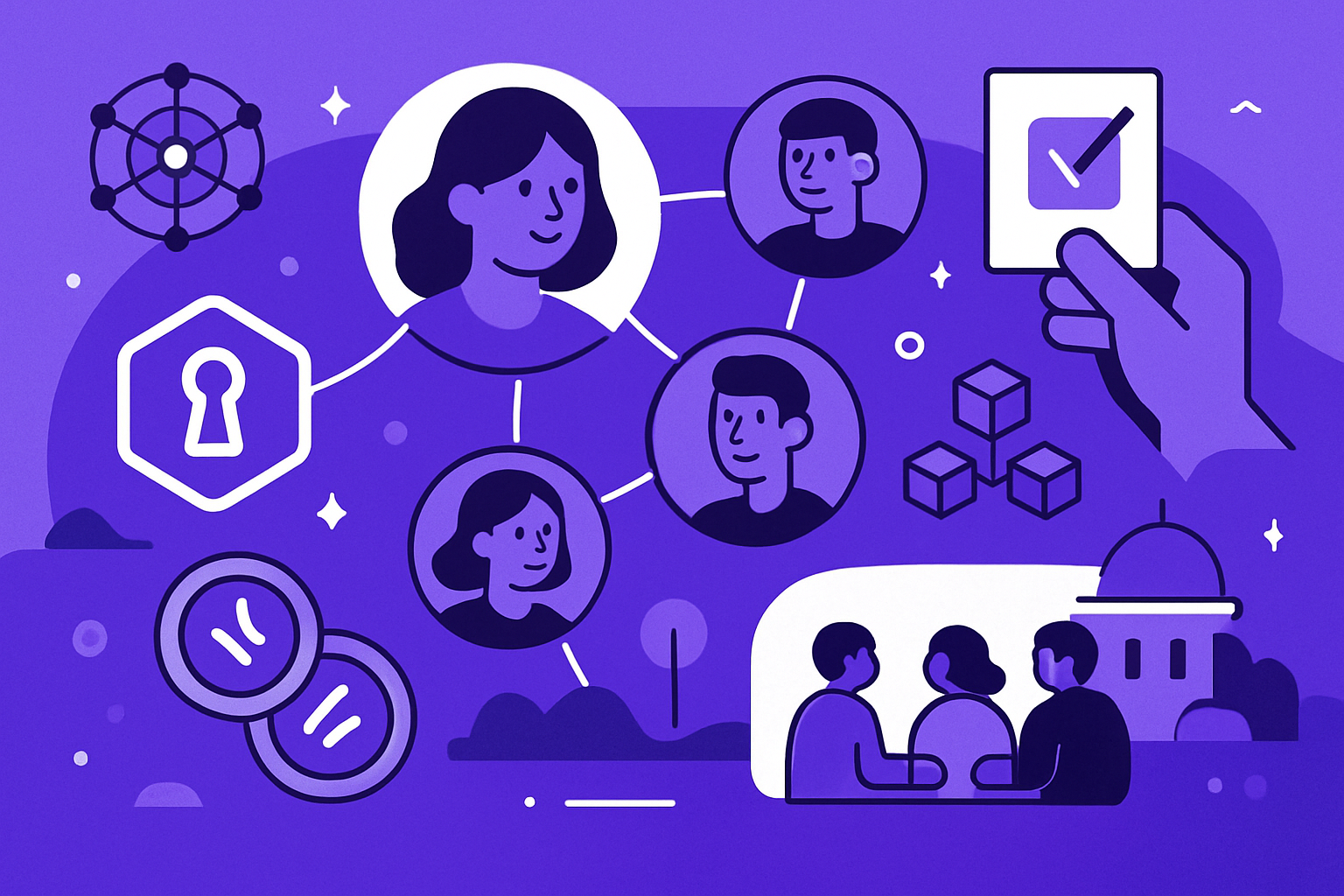
In the rapidly evolving world of decentralized governance, privacy is no longer a luxury – it’s a necessity. As DAOs (Decentralized Autonomous Organizations) scale and attract diverse participants, the demand for confidential voting, secure delegation, and regulatory compliance without sacrificing member anonymity has never been higher. Enter zero-knowledge proofs (ZKPs): cryptographic marvels that are quietly reshaping the privacy landscape for DAOs and their communities.

Why Privacy Matters in DAO Governance
Public blockchains are transparent by design, but that transparency can backfire in governance. When every vote, delegation, or treasury movement is visible on-chain, members face risks of coercion, vote buying, and unwanted surveillance. For DAOs managing sensitive funds or navigating regulatory uncertainty, these risks are more than theoretical – they’re existential.
Recent developments underscore the urgency. Innovative protocols like MACI (Minimum Anti-Collusion Infrastructure) encrypt DAO votes and validate results using ZKPs, shielding voter identities from prying eyes. Meanwhile, DAOs such as STP and Kite are leveraging zero-knowledge technology to enable private delegation and confidential payroll – all while maintaining on-chain verifiability.
How Zero-Knowledge Proofs Work: The Privacy Engine
At their core, zero-knowledge proofs allow one party (the prover) to demonstrate to another (the verifier) that a statement is true – without revealing any additional information. In DAO governance, this means you can prove your vote was valid, or that you meet membership criteria, without disclosing your identity or vote content.
Let’s break down three transformative use cases:
Key Benefits of Zero-Knowledge Proofs in DAO Governance
-
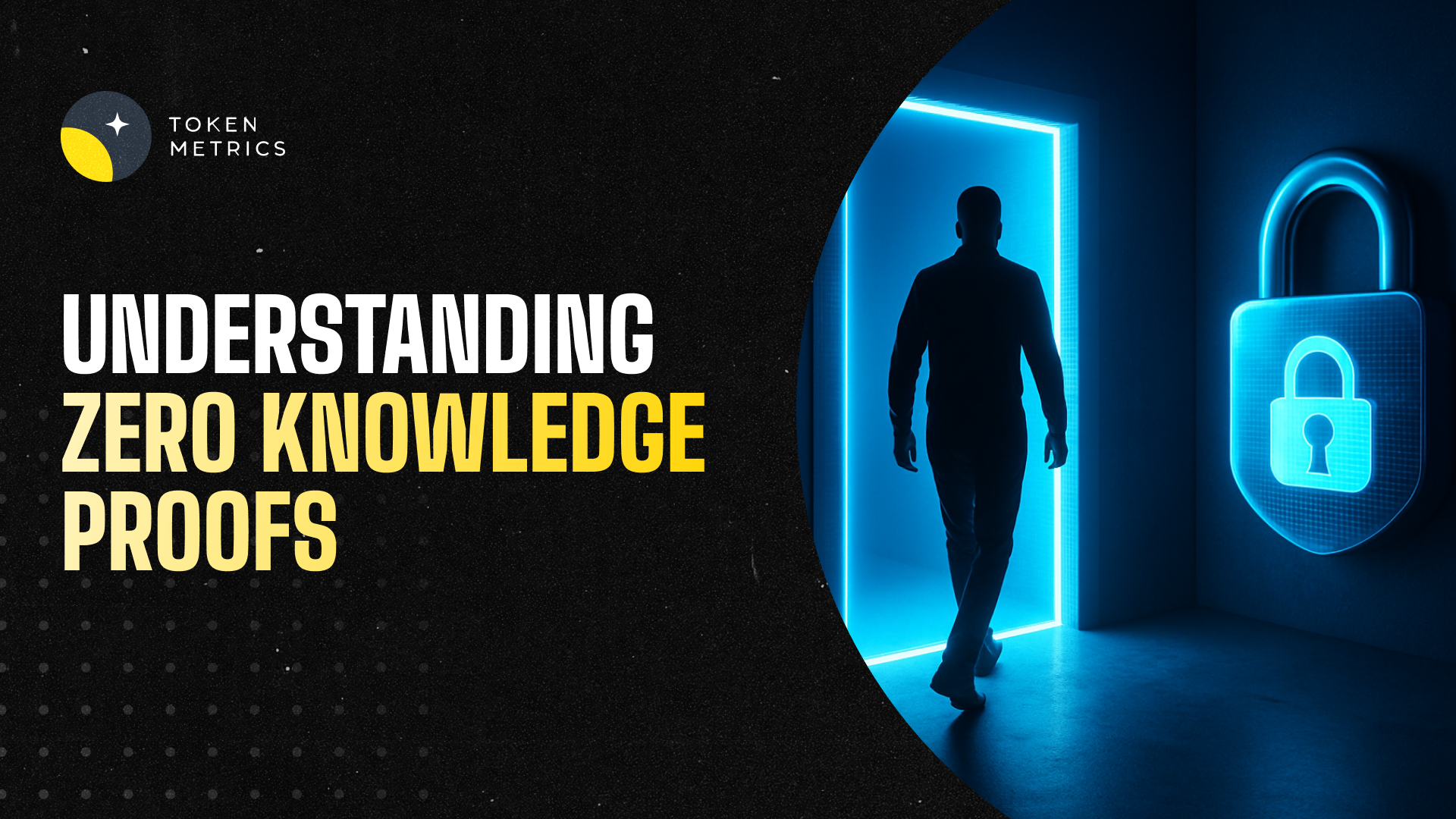
Private Voting Integrity: Zero-knowledge proofs enable anonymous voting in DAOs, ensuring members can cast votes without revealing their identities. Tools like MACI use zk-SNARKs to guarantee both vote privacy and tamper-resistance, reducing risks of coercion and vote buying.
-
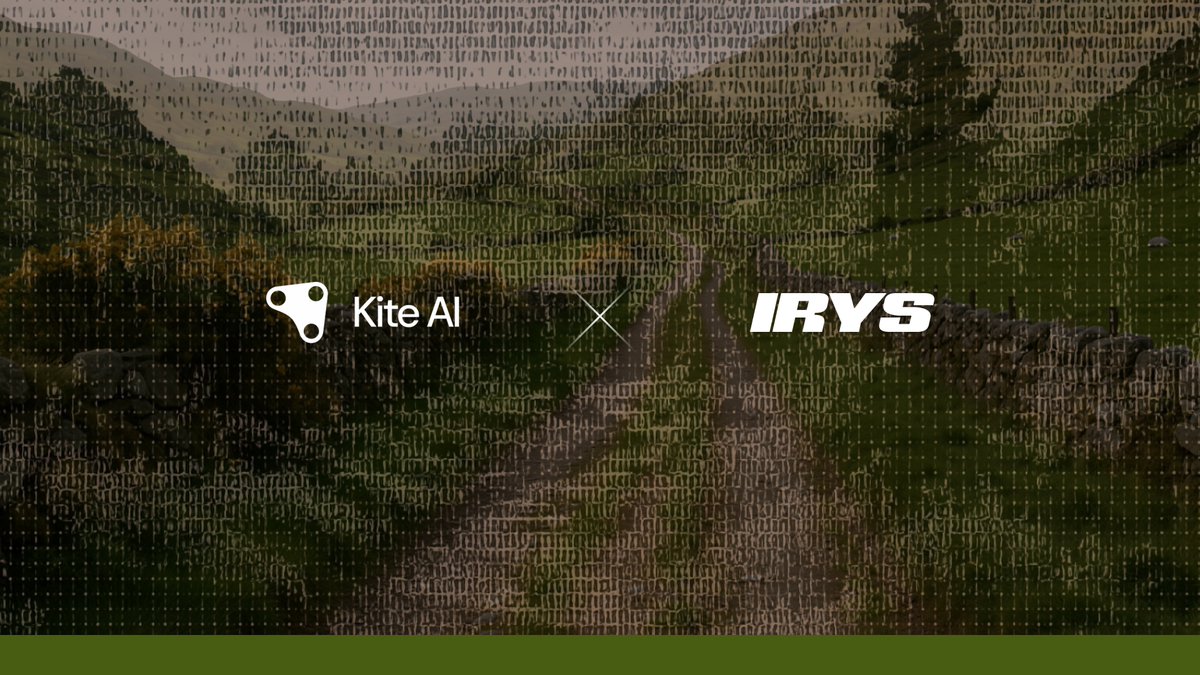
Confidential Delegation of Voting Power: With ZKPs, members can delegate votes privately, keeping delegation relationships hidden. The Kite protocol allows for secure, private delegation and re-delegation, so only the act—not the details—of delegation is public.
-
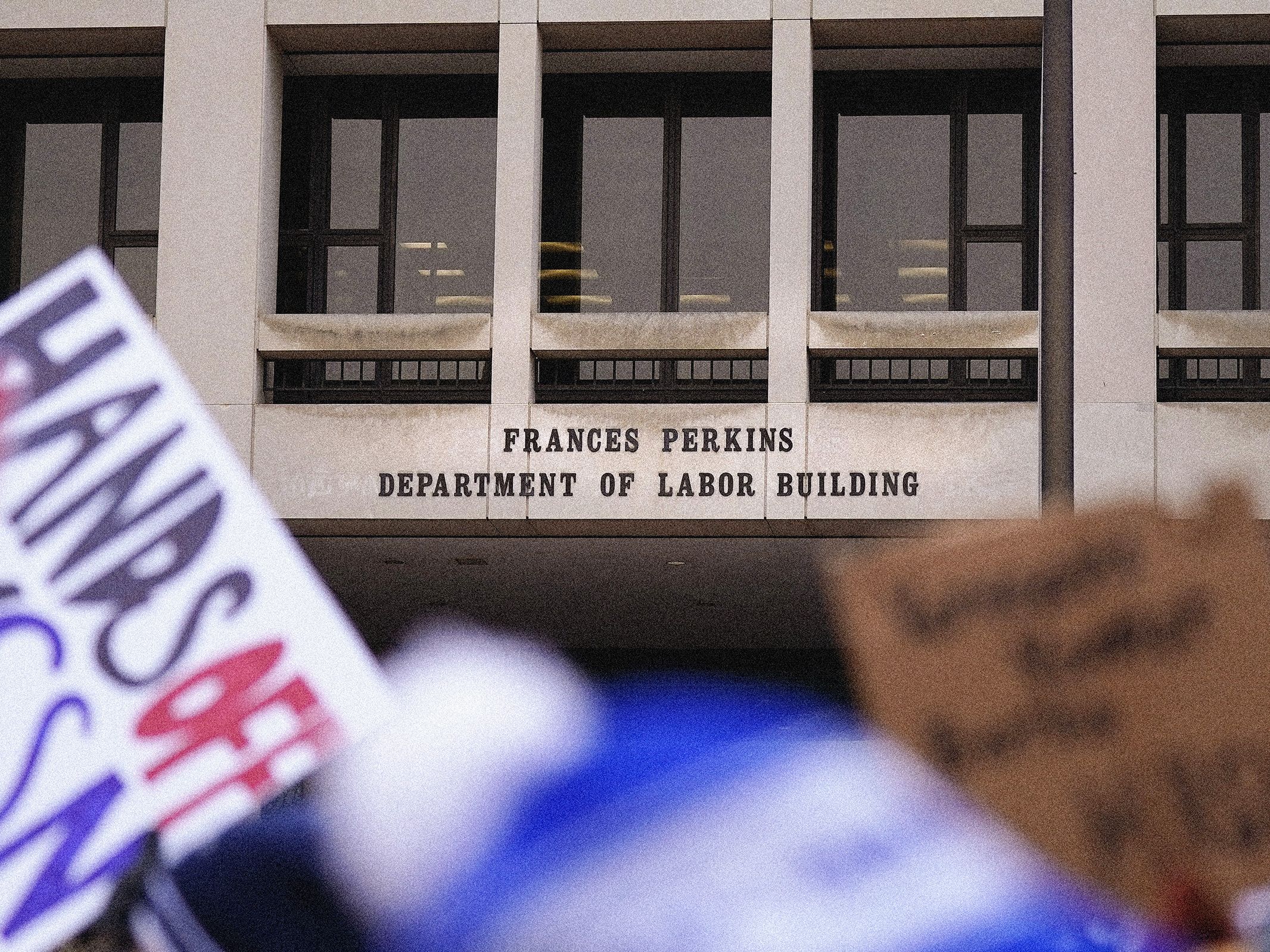
Privacy-Preserving Transactions: DAOs can manage treasury and payroll operations without exposing transaction details. For example, STP DAO uses ZKPs to validate payments and fund movements on-chain while keeping amounts and participants confidential.
-
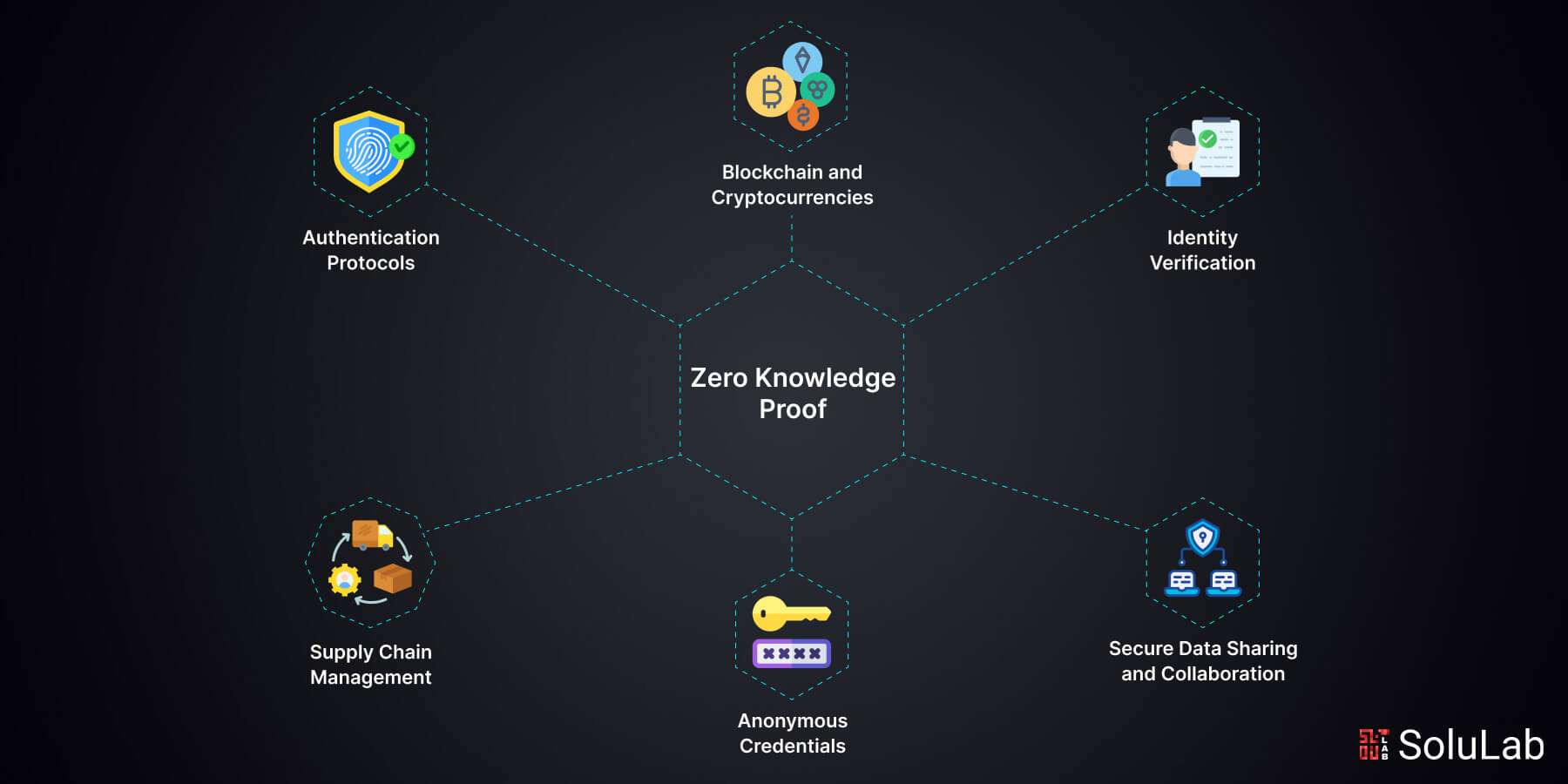
Regulatory Compliance with Privacy: ZKPs let DAOs prove compliance with legal requirements—such as transaction validity—without disclosing sensitive member or transaction data. This balance enables DAOs to operate within regulatory frameworks while safeguarding member privacy.
1. Private Voting: Members cast votes anonymously. The protocol verifies the legitimacy of each vote using zk-SNARKs or similar ZKPs. No one can link a vote to a specific wallet or person – but everyone can trust the results.
2. Confidential Delegation: With protocols like Kite, members can delegate voting power without revealing who delegated to whom. Only the fact of delegation is public, not the connections behind it. This thwarts attempts at undue influence and preserves member autonomy.
3. Privacy-Preserving Transactions: DAOs can make treasury payments or payroll transfers that are provably valid – yet the amounts, senders, and receivers remain confidential. This is critical for organizations handling sensitive budgets or compensating contributors in volatile markets.
Quadratic Voting and Whale Resistance: ZKPs Level the Playing Field
The threat of governance capture by large token holders (whales) is real. Quadratic voting, bolstered by zero-knowledge proofs, offers a powerful countermeasure. By weighting votes in a way that increases the cost of influence exponentially, while keeping ballots private through ZKPs, DAOs can ensure that every voice counts – not just the loudest.
This approach is already gaining traction. As highlighted in recent coverage, DAOs using ZKP-enabled quadratic voting are seeing improved fairness and reduced manipulation. The combination of mathematical rigor and cryptographic privacy is a game-changer for secure decentralized governance.
Building Trust with Privacy: Regulatory Compliance Without Sacrifice
Regulators often require proof that transactions and votes are valid – but public exposure of member data isn’t always necessary (or desirable). Zero-knowledge proofs allow DAOs to disclose only what’s required for compliance, keeping sensitive details under wraps. This selective transparency is unlocking new possibilities for private DAO governance in regulated sectors.
If you want to dive deeper into the mechanics of ZKP-powered voting and how it enables confidential decision-making without sacrificing transparency, check out our guide: How Zero-Knowledge Proofs Enable Truly Private DAO Voting Without Sacrificing Transparency.
Beyond the technical wizardry, the real impact of zero-knowledge proofs DAO innovation is cultural. Privacy is not just about secrecy; it’s about empowering participation and encouraging honest governance. When DAO members know their votes and delegations cannot be traced or weaponized, they are more likely to contribute candidly and challenge groupthink. This dynamic unlocks a richer, more resilient form of decentralized consensus.
But let’s get practical. What does implementing ZKPs in your DAO actually look like? The good news: the tooling is improving fast. Open-source frameworks such as MACI and Kite are lowering the barrier for DAOs of all sizes to deploy confidential voting blockchain solutions. Integration can be as simple as plugging in a ZKP-enabled voting module or as complex as designing a custom privacy layer for treasury operations. Either way, the trend is clear: privacy solutions for DAOs are moving from theory to production.
Real-World Use Cases: Privacy as a Competitive Edge
Let’s spotlight a few real-world scenarios where ZKPs are already redefining the DAO landscape:
DAOs Using Zero-Knowledge Proofs for Private Governance
-

MACI (Minimum Anti-Collusion Infrastructure): MACI leverages zk-SNARKs to enable private, tamper-resistant voting in DAOs. Votes are encrypted and verified with zero-knowledge proofs, ensuring anonymity and integrity while preventing vote buying and collusion.
-

Kite Protocol: Kite introduces confidential delegation for DAO governance. Members can delegate, revoke, or re-delegate voting power privately, with zero-knowledge proofs ensuring that only the act of delegation is public—not the details or identities involved.
-
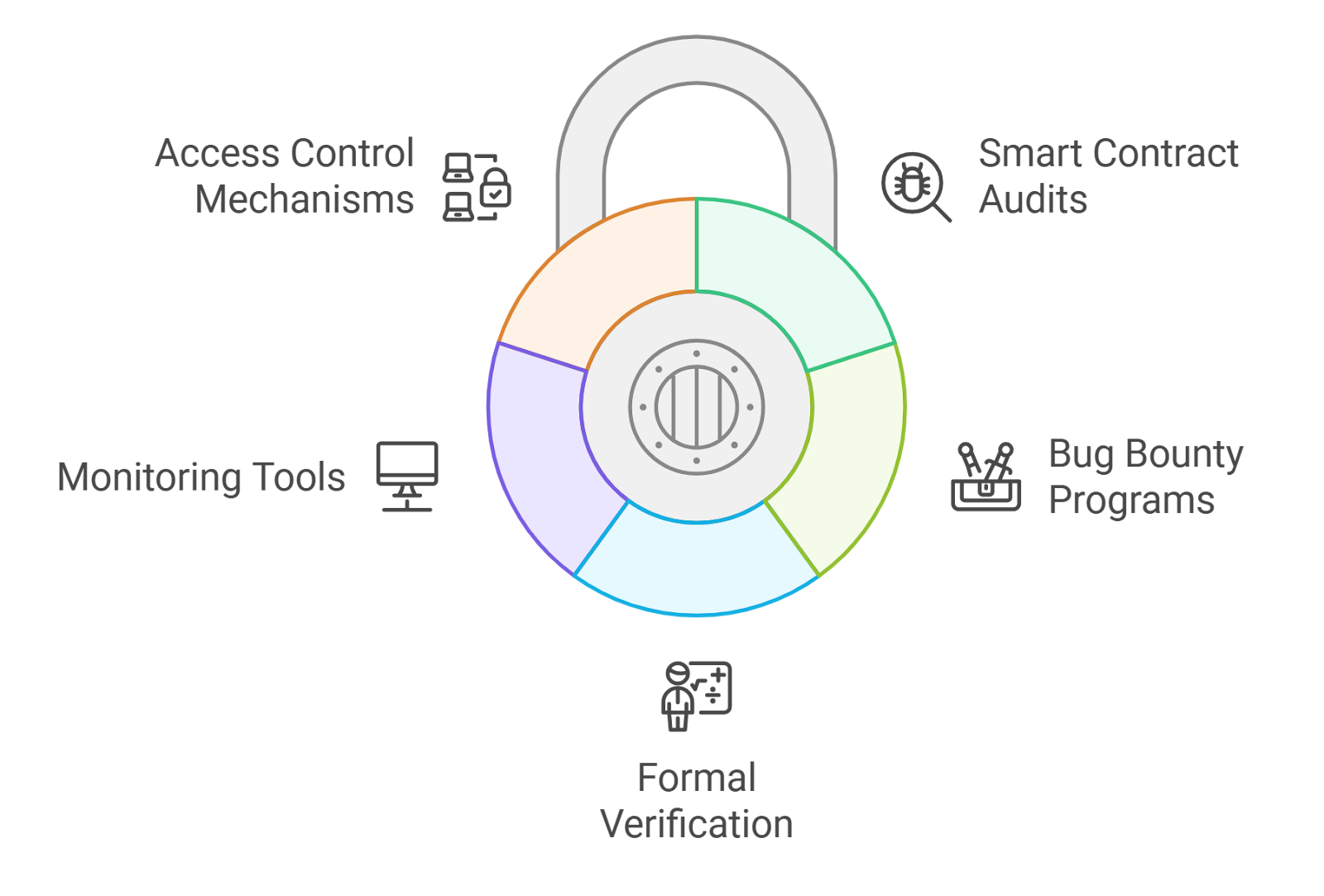
STP DAO: STP DAO employs zero-knowledge proofs for privacy-preserving payroll and treasury management. Transactions are validated on-chain without exposing sensitive information like sender, receiver, or amounts, enhancing financial confidentiality for DAOs.
-
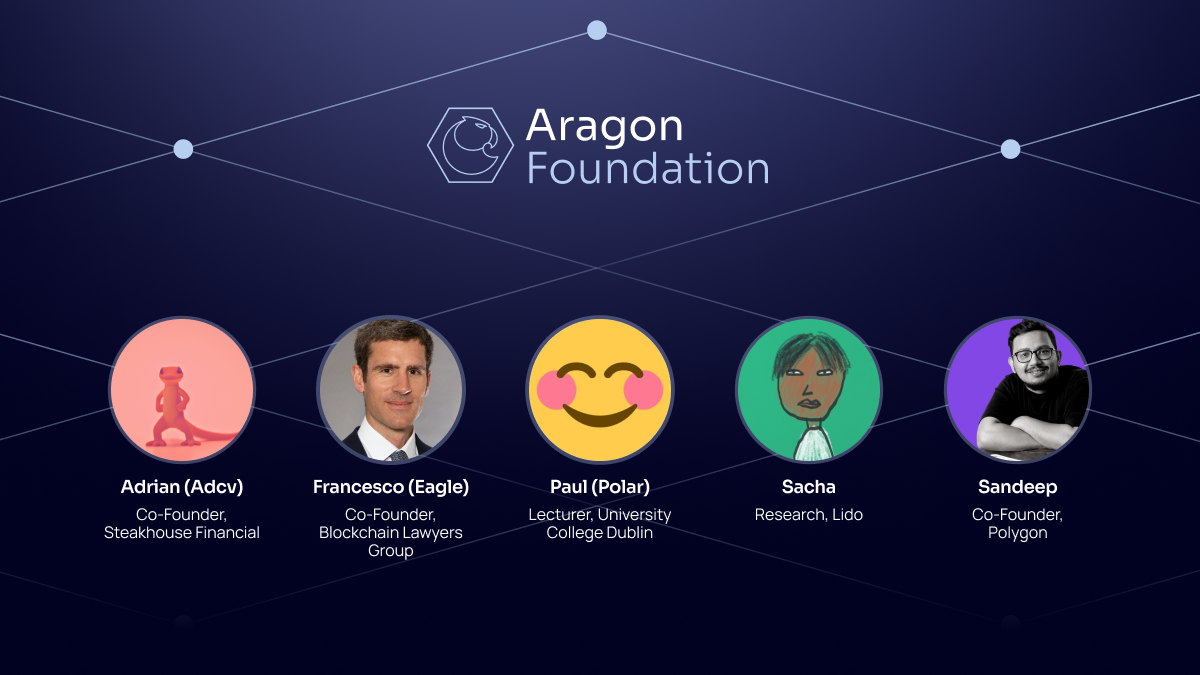
Aragon DAO (ZK Voting): Aragon integrates zero-knowledge proofs to provide private voting mechanisms for DAOs. Members can participate in governance without revealing their choices, supporting secure and anonymous decision-making.
-
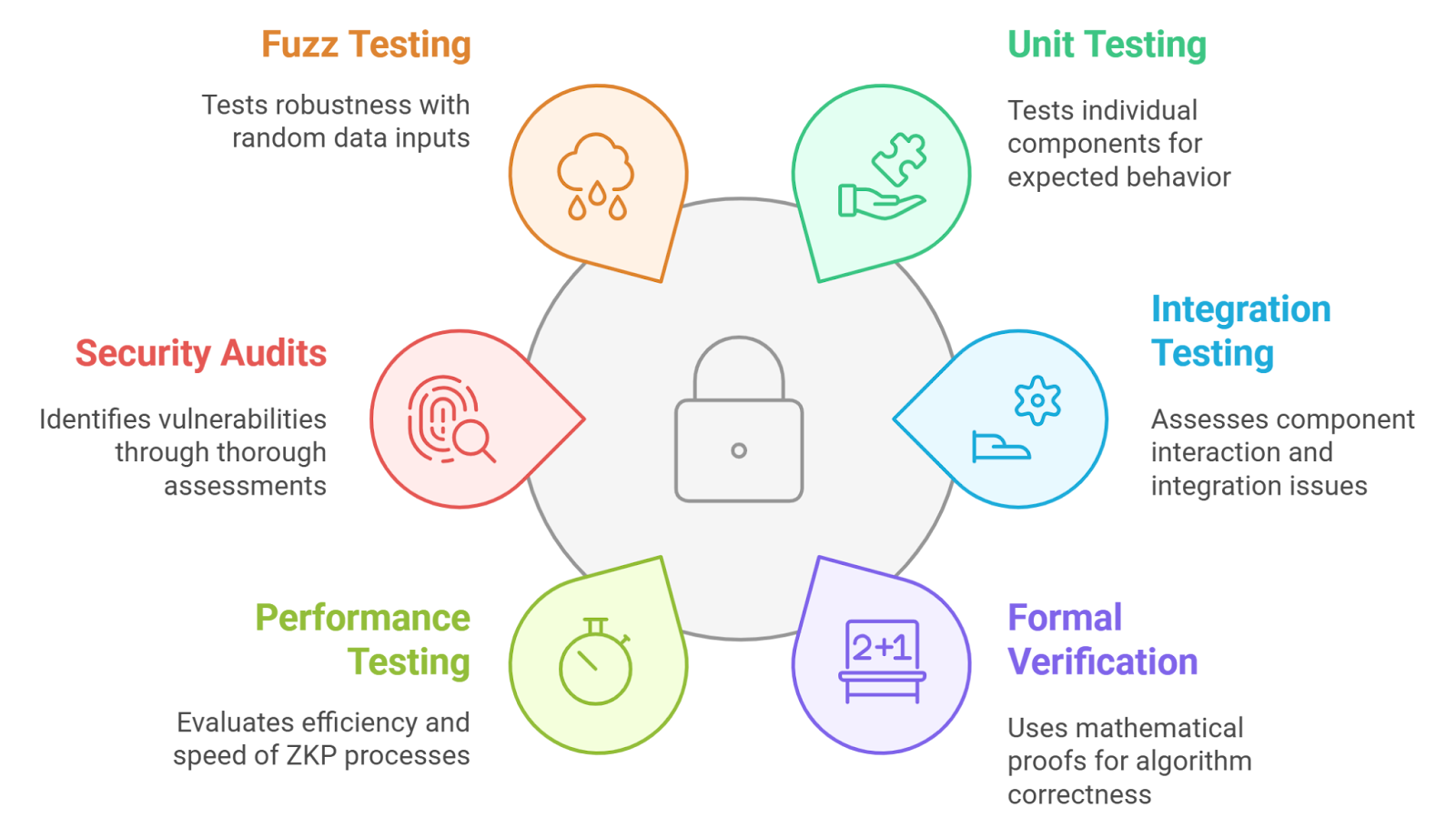
Confidential DAOs: A new wave of DAOs, such as those highlighted on confidentialdaos.com, are implementing ZKPs across governance, treasury, and compliance processes, demonstrating the growing adoption of privacy-enhancing technologies in decentralized organizations.
• Community DAOs are using ZKPs for anonymous proposal voting, preventing intimidation and collusion.
• Investment DAOs employ confidential treasury management, so sensitive allocations remain shielded from competitors.
• Compliance-focused DAOs leverage selective disclosure to satisfy legal requirements without exposing their entire member base.
The result? Trust and participation surge. Members feel safe to contribute, knowing their privacy is protected at every step. And as more DAOs adopt these techniques, privacy is quickly becoming a competitive differentiator in the ecosystem.
The Road Ahead: From Niche to Norm
Looking forward, the next wave of DAO innovation will hinge on scalable, user-friendly ZKP infrastructure. As cryptographic research matures and developer tools become more accessible, expect privacy-by-default to move from niche feature to industry standard. The growing adoption of confidential payroll, private voting, and regulatory-safe delegation will make DAOs more robust and attractive to mainstream organizations.
For founders and contributors alike, the message is clear: adapt, anticipate, achieve. Embrace zero-knowledge technology now, and you’ll be ahead of the curve as privacy expectations rise across the decentralized world.
Want to learn more about how ZKPs can future-proof your organization? Explore our deep dive: How Zero-Knowledge Proofs Enhance Privacy in DAO Governance.
